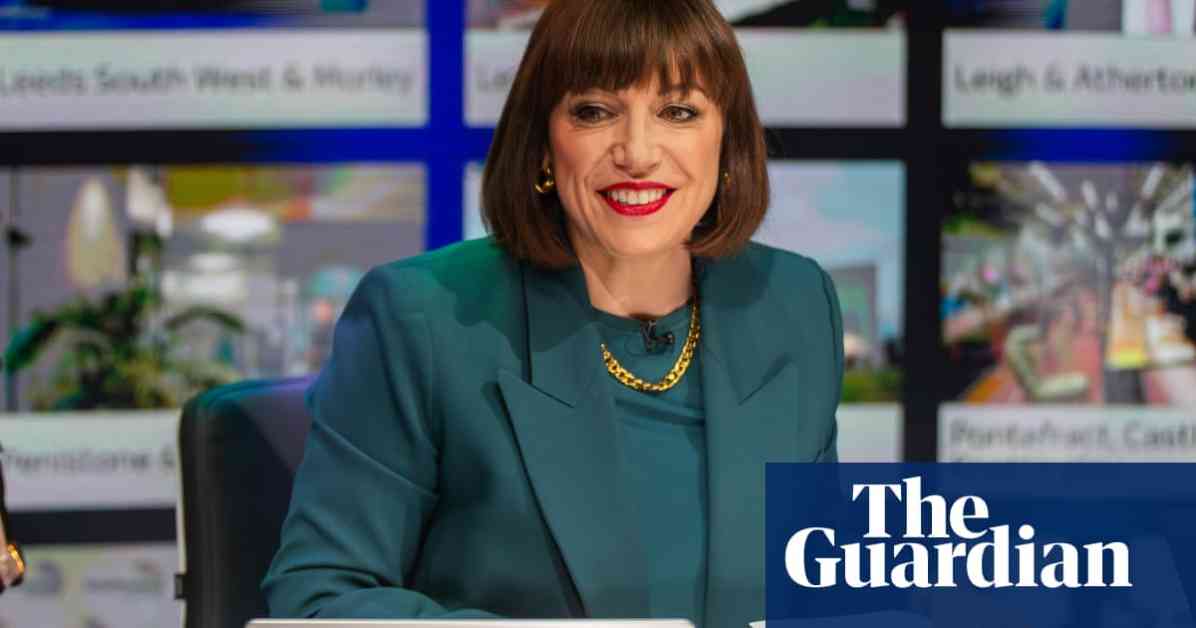Sky News decided to cancel an interview with Boris Johnson because their political editor was told she couldn’t record or transcript the conversation. Johnson was supposed to talk about his time as mayor, foreign secretary, and prime minister while promoting his memoir Unleashed. The BBC also dropped an interview with Johnson earlier in the week after a mishap with briefing notes. Beth Rigby, a journalist, expressed her disappointment on social media about not being able to proceed with the interview due to the ban on recording.
In a recent interview with ITV News, Johnson expressed regret over apologizing for his government’s lockdown parties in 2020. He mentioned in his memoir that the apologies he issued were seen as “pathetic” and “grovelling,” making his administration look more guilty than they actually were. When asked if he regretted apologizing to the queen, Johnson refused to answer, stating that he doesn’t discuss his conversations with her. He explained that the blanket apology he initially issued led to further accusations against officials working in No 10, which he believed were unfair.
Furthermore, Johnson’s memoir revealed that Gavin Williamson blocked a £400 million deal that could have brought home British-Iranian prisoner Nazanin Zaghari-Ratcliffe from Iran five years before her actual release. The reason for blocking the deal was the fear that the money could end up with Hezbollah. Johnson claimed that in 2017, he had reached an agreement for Zaghari-Ratcliffe’s release in exchange for money owed by Britain to Tehran since the 1970s. Although the Treasury and Foreign Office approved the decision, No 10 required all relevant departments, including the Ministry of Defence led by Williamson at the time, to sign off on it.
The series of events leading to the cancellation of interviews with Boris Johnson shed light on the challenges journalists face in conducting interviews with public figures under certain restrictions. Johnson’s reflections on his previous apologies and the decision-making process within his administration also provide insights into the complexities of leadership and decision-making in the political realm. The revelations in his memoir about the blocked deal involving Nazanin Zaghari-Ratcliffe further highlight the intricate diplomatic and ethical considerations involved in international relations and negotiations for the release of prisoners.












